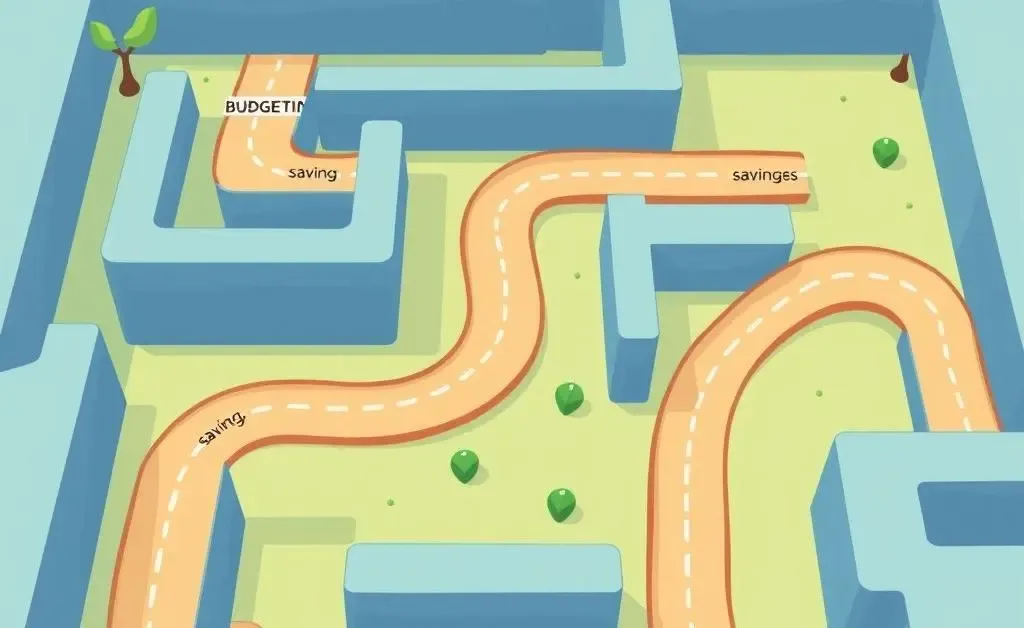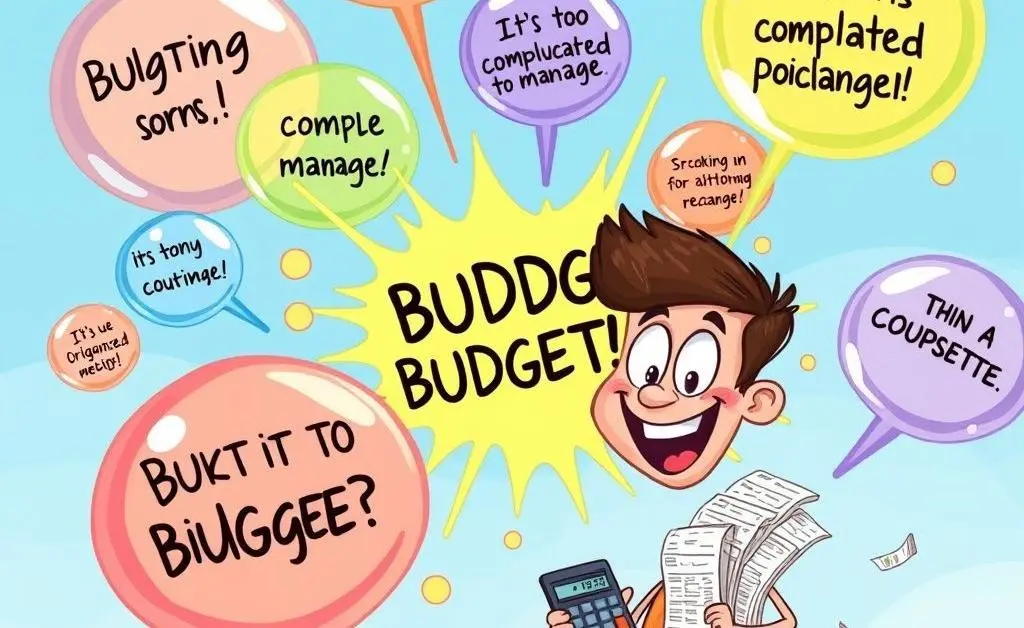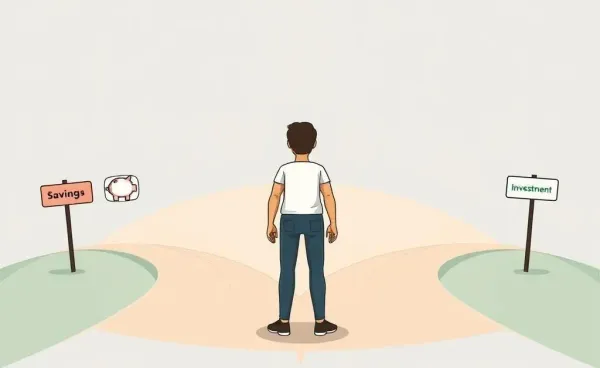Navigating the Financial Maze: A Guide to Understanding Reconciliation
Discover the essentials of financial reconciliation in a clear, relatable way.

Hey there, fellow finance explorer! 🌟 If you've ever found yourself tangled in the complex web of managing your finances, you're not alone. Let me take you through the fascinating world of financial reconciliation and how understanding it can significantly impact your path to financial stability.
What Is Financial Reconciliation?
Financial reconciliation might sound like a daunting term, but it's really just a fancy way of saying 'making sure all your dollars are accounted for.' It's the process of checking your financial records to ensure they match up with your bank statements, invoices, and receipts. But why is this essential?

Reconciliation helps you catch errors and make informed decisions because when you know where your money is going, you can make it work harder for you. It's like catching a sneak thief in the act—preventing those pesky financial leaks.
Why You Shouldn't Ignore Reconciliation
It might seem bothersome, but skipping reconciliation can lead to costly mistakes. Imagine thinking you have more funds than you actually do or missing a fraudulent transaction because you didn't check. Yikes!
A Personal Anecdote
Let me share a personal story. Once, I noticed my utility bill was mysteriously high. On reconciling my accounts, I realized I was double-charged for several months! Catching this error empowered me to dispute the charge and save significant money—proving how crucial keeping track of your finances is.
Steps for Effective Reconciliation
- Gather Your Documentation: Get all your receipts, bills, and bank statements ready.
- Check for Discrepancies: Compare each transaction in your records with your bank statements.
- Adjust Your Records: If you find any discrepancies, adjust your documents accordingly or contact your bank for clarification.
- Keep a Regular Schedule: Make this a regular, monthly habit to stay on top of your finances.

Tips for Reconciliation Success
Use these tips to streamline your reconciliation process:
- Automate where possible—use apps to sync and categorize expenses.
- Keep it simple—consistency is key over complexity.
- Start small—begin with one account or bill and gradually cover all areas.
Exploring Investment Options
Once you've streamlined your reconciliation process, you'll have a clearer picture of how much you can allocate to savings and investments. A world of opportunities awaits—whether it's stocks, bonds, or real estate.

Conclusion: Your Financial Future Awaits
In the end, financial reconciliation isn't just about balancing your budget—it's about empowering yourself. So, grab those statements and take control of your financial destiny. What's your next financial goal? Let's chat in the comments below!




